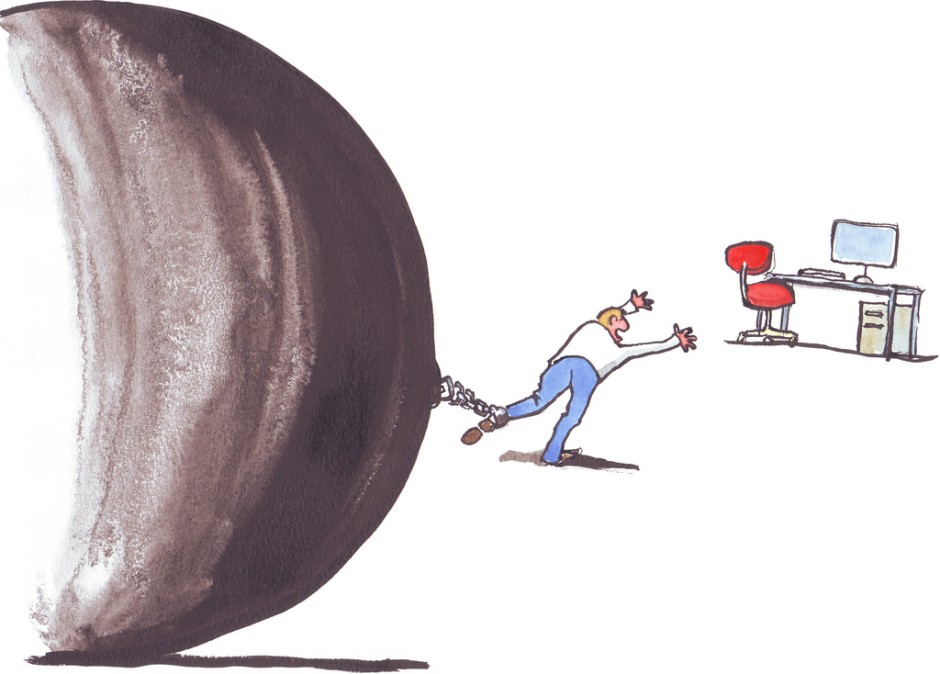EFF: The TPP’s Temporary Copies Provision
Last week we shared how the latest leak of Trans-Pacific Partnership (TPP) text had shown differing opinions regarding intellectual property rights. Now, we're looking back to an earlier leak that addresses this particular chapter and how it could affect our Internet access. The intellectual property chapter describes how under the TPP, copyright laws could be extended to cover temporary copies – which are often made during routine computing functions. These strict provisions could lead to situations where your computer is monitored, content is restricted and viewing licenses are required. Help put an end to the copyright wrongs of the TPP and join the over 100,000 pro-Internet supporters who have signed our petition at http://StopTheTrap.net/. Article by Maira Sutton for EFF (The Electronic Frontier Foundation) We've been following the Trans-Pacific Partnership (TPP) and the huge ramifications it would have for the future of the open Internet, access to knowledge, and innovation. Based on what we know from its leaked intellectual property chapter (IP chapter), it carries many of the restrictive copyright provisions that already exist in U.S. law. From what we have seen, however, this agreement is even more extreme: it does not export the many balances and exceptions that favor the public interest and act as safety valves in limiting rightsholders’ protection.
One of the most problematic aspects of the TPP’s IP chapter TPP as leaked is its proposed language regulating temporary copies. As currently drafted, the related provision creates chilling effects not just on how we behave online, but on the basic ability for people and companies to use and create on the Web.
Article 4.1 of the leaked TPP’s IP chapter on Copyright and Related Rights addresses temporary copies. It states:
Each Party shall provide that authors, performers, and producers of phonograms have the right to authorize or prohibit all reproductions of their works, performances, and phonograms, in any manner or form, permanent or temporary (including temporary storage in electronic form).
This language reveals a profound disconnect with the reality of the modern computer. In fact, all routine computer functions rely upon the regular creation of temporary copies of programs and files. Temporary copies are files that are automatically copied by computers into their random access memory (“RAM”) during the course of routine operations. “Temporary copying” of data, for example, is fundamental to how computing works in general. However, this is especially true on the Internet: browser cache files are stored on servers to speed up the loading of websites, and copies of visited pages are stored in a temporary Internet files folder on your hard drive, speeding up the loading process for those websites the next time you visit them.
Since it’s technically necessary to download a temporary version of everything we see—whether it’s content that is copyrighted, openly licensed, or in the public domain—does that mean that anyone who ever views content on their device could potentially be found guilty of infringement? Yes, that is, if the rightsholder decides to prohibit it. In this way, it can also deeply impact the cost of accessing copyrighted materials since it creates a new intricate layer of rights.
Additionally, it also raises a concern about how this provision could affect privacy. The reason being that in order to monitor all of these temporary copies made onto people’s drives, all existing hardware and software would have to be fundamentally transformed to effectively monitor all transient copies of files. Moreover, it would require licenses for every single copyrighted file that passes through a device. Read more »
--
Read more at A Fair Deal





 Take action now!
Take action now!
 Sign up to be in the loop
Sign up to be in the loop
 Donate to support our work
Donate to support our work